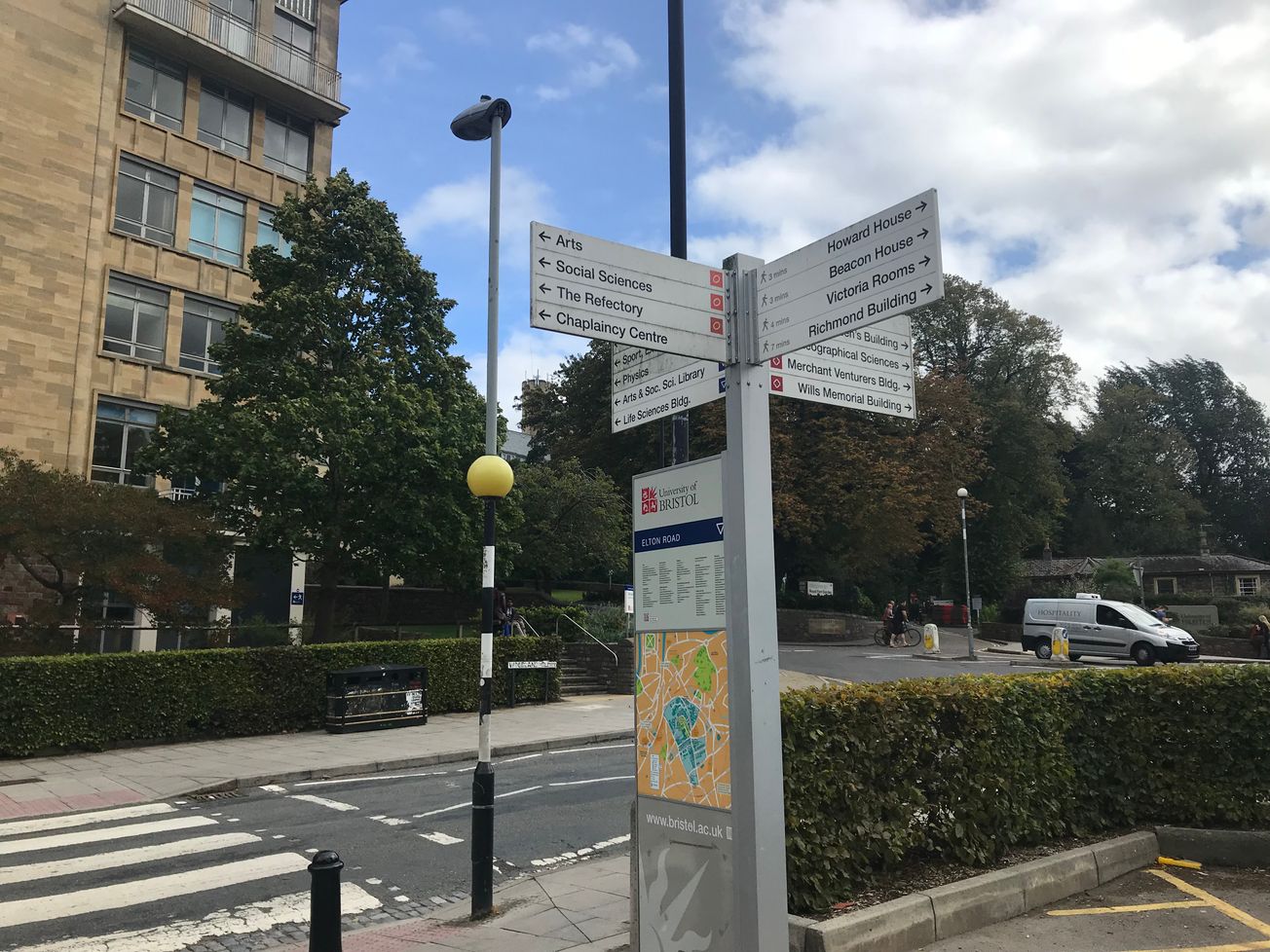By Elisha Mans, Deputy Opinion Editor
I think that we could widely agree, as forward-thinking human beings, that what income a child is born in to should not determine their life chances. So, it should surely be of national outrage that top-performing universities such as Bristol University can be complicit in the knowledge that they disproportionately favour privately educated students.
According to The Sunday Times Good University Guide 2020, 34.1 per cent of students at Bristol University come from an independent school. When this is compared with the fact that only 7 per cent of students in the UK are educated privately, we can see huge discrepancies. Perhaps unsurprisingly, the same is to be said of the majority of Russell Group Universities.
By creating a student body which is so unreflective of the educational realities of the UK’s population, the University is accepting a culture whereby those born rich, stay rich.

Obviously, the University accepts students predominantly on a grade basis; I am not making outlandish claims about direct discrimination. However, the reality is that students from private schools get better grades. In 2018, for example, 48 per cent of private-school students achieved A*s and As at A-level, compared with a national average of 26 per cent. This can be put down to schooling factors such as small class sizes and the school’s ability to spend more money on resources; and also, the backgrounds of the students, who tend to come from supportive households with parents who have experience in succeeding in higher education.
So, to speak of a meritocracy in which the University selects students on a best-grade basis, creates a bias which favours the progress of economically advantaged students. Taking students just based on grades does not work unless we are to assume that students from comprehensive schools are inherently less academic – which is clearly not the case.
Whilst I do acknowledge and respect that the University has recognised this as an issue and put in place schemes to aid social inclusivity, most notably their contextual offers scheme, more must be done to make the University an institution which can truly claim to be open to everyone.
With regards to this issue, Alice Bassett, the 93% Club’s Outreach Officer, a society which is dedicated to representing non-privately educated students at the University of Bristol, said;
“Widening participation measures are crucial in raising aspirations and attainment and improving social mobility. This is vital in ensuring a diverse community in which students can excel”
This could not be truer of Bristol University, who seem content in the fact that they can show they have made some efforts toward social outreach. There is unfortunately, and this is reflective of higher education generally, a tendency towards a lack of social mobility because students from less privileged backgrounds do not even know, or are not encouraged to pursue, the opportunities that are out there.
Social mobility will only improve if state school representation in well-regarded universities improves dramatically.

Corbyn and the Labour party recently proposed that there should be a 7 per cent cap on University places allocated to privately educated students, thus keeping higher education in exact proportion with the UK nationally. At first, I thought this was crazy; a proposal that was actually discriminating against children who were educated privately. To be honest, I still think that this might be ignoring the principle of meritocracy a bit too much.
However, there is much to be taken from a proposal such as this. To implement a similar scheme, if perhaps less militantly, would truly revolutionise the toxic traditions of social inequality that have existed for so long in our higher education system.
Even if there is no quick-fix to the problem, something more must be done. Social inclusivity at the University of Bristol is still appalling.
Featured Image: Epigram / Imogen Horton
Do you think that the University could do more to be socially inclusive?









